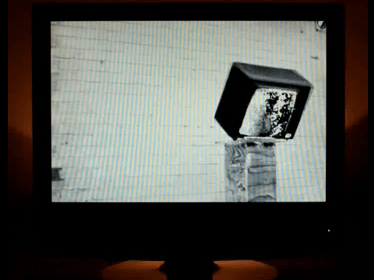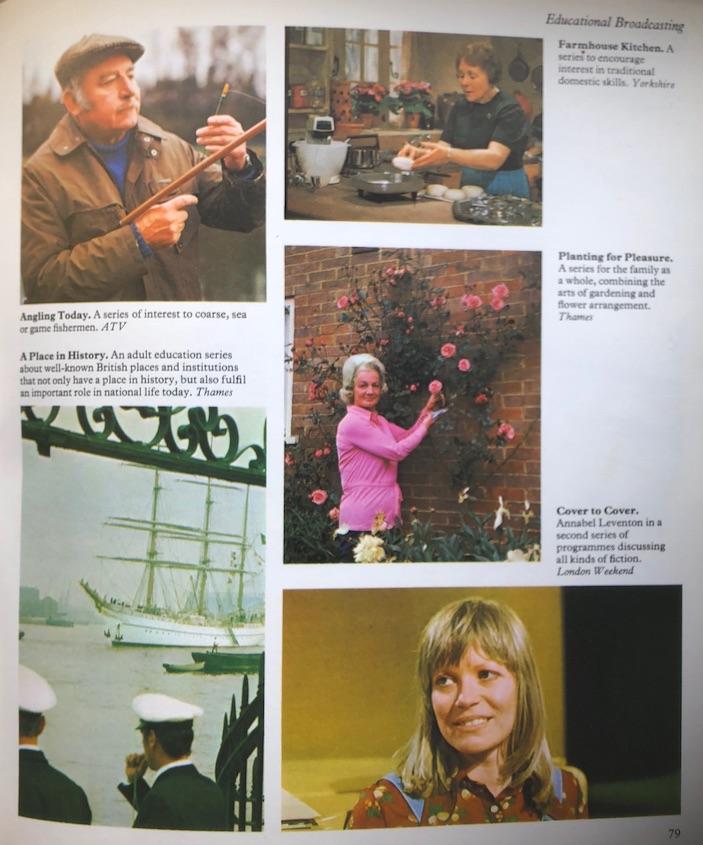
Jointly organized by the Faculty of Human Sciences (Universidade Católica Portuguesa), the Center for Media@Risk at the Annenberg School for Communication (University of Pennsylvania), the School of Journalism and Communication (Chinese University of Hong Kong), the Department of Media and Communications (London School of Economics and Political Science) and the Faculty of Social Sciences (University of Helsinki), the Second Lisbon Winter School










